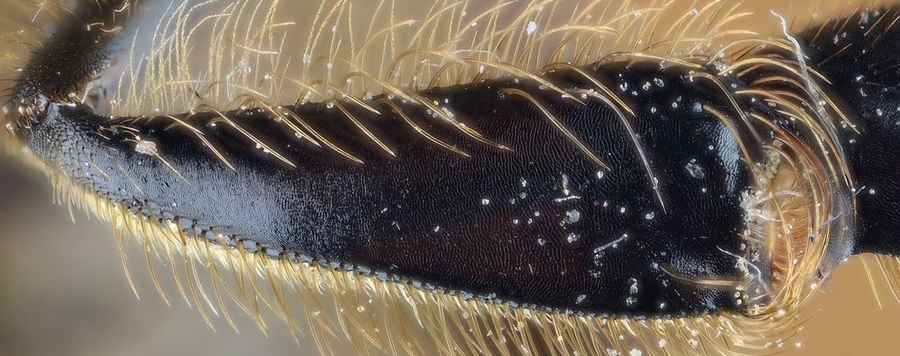Das Leibniz-Institut zur Analyse des Biodiversitätswandels
ist ein Forschungsmuseum der Leibniz Gemeinschaft
》
- DE
- EN
- LS
- Das LIB
- Aktuelles
- Presse
- Veranstaltungen
- Über uns
- Beschaffung
- Stellenangebote
- Mitarbeiterinnen & Mitarbeiter
- Arbeiten am ZFMK
- Leibniz-Institut
- Geschäftsberichte
- Gebäude & Geschichte
- Alexander-Koenig-Gesellschaft
- Patenschaften
- Kontakt
- Forschung
- Forschungszentren und -gruppen
- Zentrum für Taxonomie und Morphologie (ztm)
- Zentrum für Molekulare Biodiversitätsforschung (zmb)
- Zentrum für Biodiversitätsmonitoring und Naturschutzforschung (zbm)
- Zentrale Forschungseinrichtungen
- Junior-Forschungsgruppe
- Netzwerke
- Förderung und Lehre
- Sammlungen
- Projekte
- Publikationen
- Bibliothek
- Tagungen und Konferenzen
- Biodiversitätstage 2021
- Archiv
- Forschungszentren und -gruppen
- Museum







